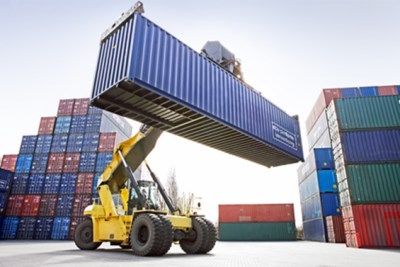

The President Joko “Jokowi” Widodo government has been prioritizing since 2014 the development of basic infrastructure like roads, seaports, airports, telecommunications, and irrigation as one of its top priority programs. The 2021 state budget allocates Rp 414 trillion (US$28.5 billion) for infrastructure development, up 47 percent from this year’s budget.
The primary objective is quite strategic: to improve inter-island connectivity in the world’s largest archipelagic country and thereby enhance the integration of the domestic market and reduce economic disparities between the major islands. Another equally important objective is to connect the archipelago’s various financial growth centers to the global value chain to make the country more attractive to foreign manufacturing investors.
Unfortunately, Indonesia’s national logistics system remains more inefficient and costlier than its neighbors like Malaysia, Thailand, Singapore, and India, according to the World Bank.
What’s the problem?
The improvements in geographical connectivity have not been adequately supported by improved interinstitutional connectivity. Put another way, the flow of documents from state agencies and companies involved in logistics management is not in sync with the flow of goods.
The government has therefore developed what it calls the national logistics ecosystem (NLE), an electronic data interchange (EDI) that will enable all authorities and players (the customs office, airport and seaport operators, traders, shipping companies, freight forwarders, and other logistics companies) to exchange data for both domestic and international trade.
The 474-page 2021 state budget devotes one page to explaining the NLE but provides no technical details like which government institution is responsible for implementing the ecosystem. But we assume the customs directorate-general will manage the NLE, given its central role in trade.
The NLE will allow all institutions and companies involved in transporting goods to a single “portal” to submit and share both data and documents. Hence, instead of submitting a variety of different forms and information in multiple copies to numerous agencies, a trader or shipper need only supply all data to a single institution that acts as a single billing agency and gateway for all major ports.
Many other countries that have implemented an EDI have been able to expedite customs clearance and all further required document processing for both domestic and international trade and transport. That includes port handling, so they are completed in just a few hours as opposed to the several days it takes in Indonesia.
Introducing the NLE certainly necessitates bold bureaucratic and administrative reform at the more than 20 government institutions and private companies involved in the logistics industry. But then again, radical reform is never easy because it challenges the rent-seeking mentality that has been nurtured by an outdated system that involves too many institutions and too many procedural steps.
But we believe this far-reaching reform is as important as the massive infrastructure development plan. Without it, our logistics system will remain a significant barrier to domestic and international trade and investment — never mind the pandemic economy.
Information from thejakartapost.com.
